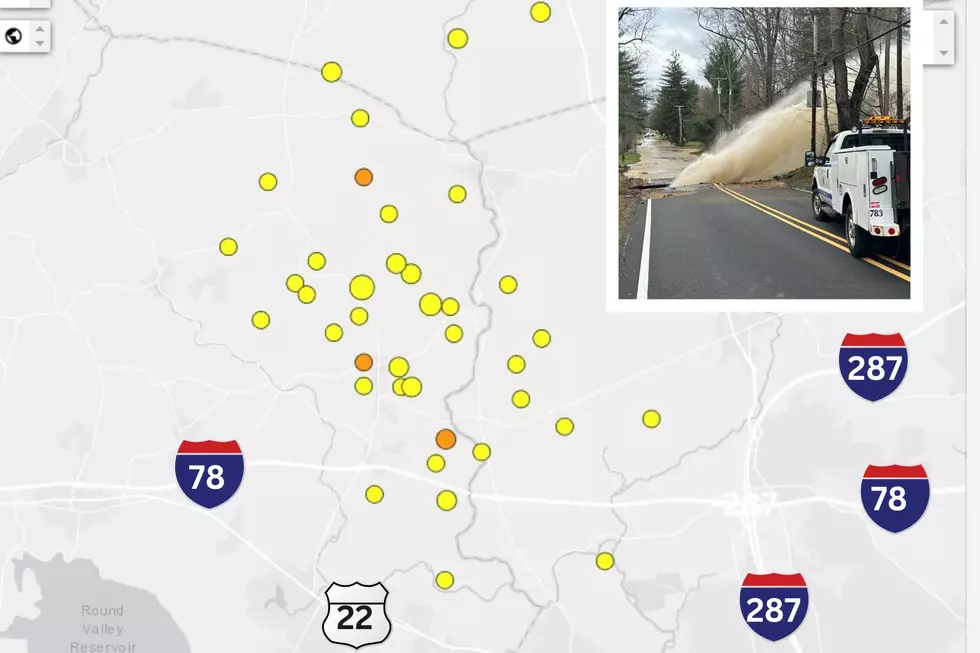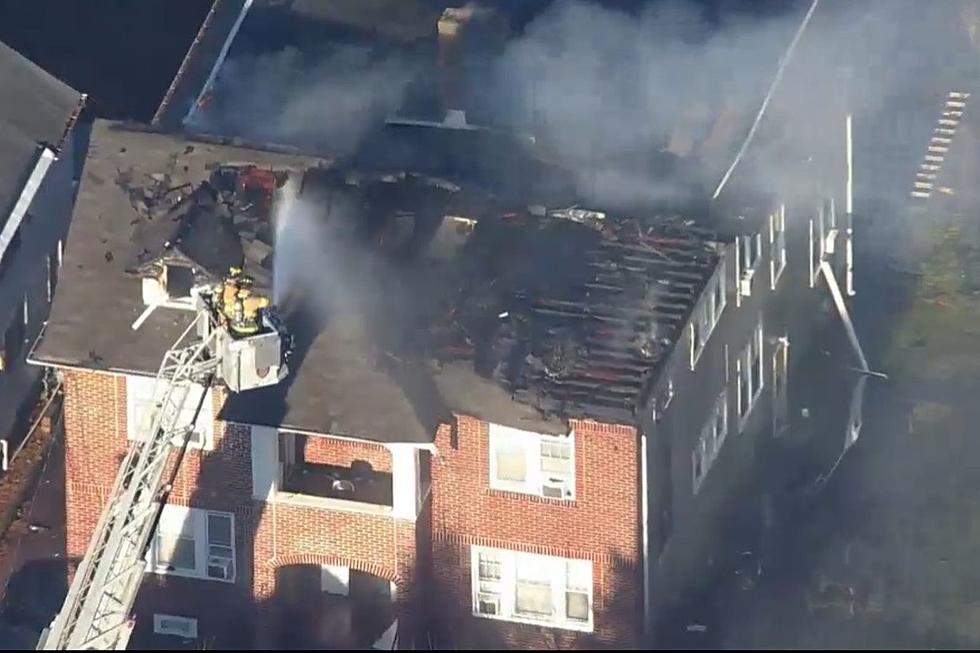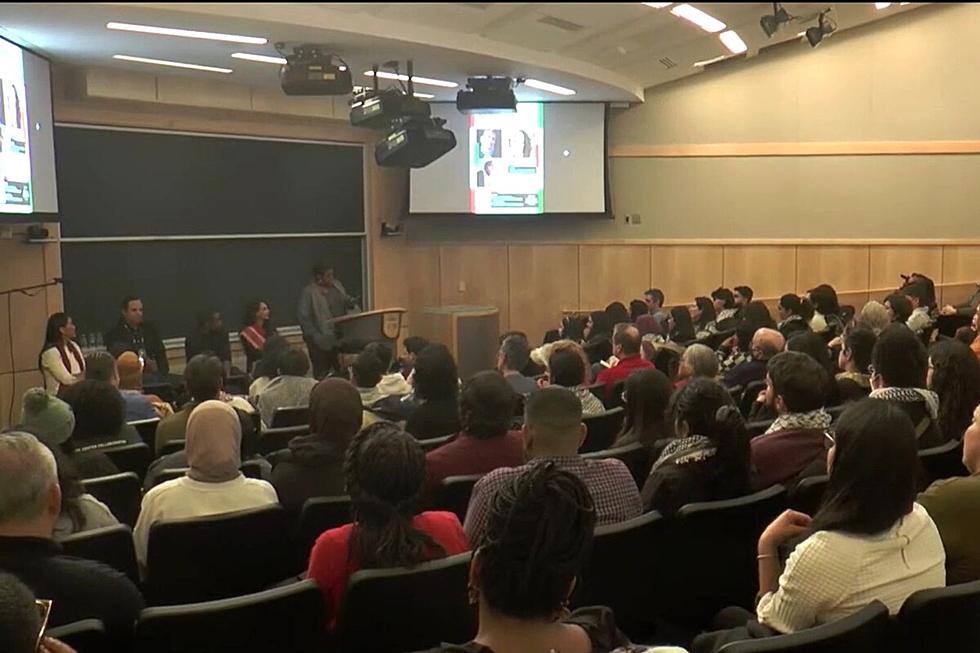
Why your allergies aren’t going away in the winter
As the days grow shorter and the weather turns colder, many New Jersey residents who suffer from a variety of allergies during the spring, summer and fall are still sneezing and wheezing.
And they don’t have a cold or the flu.
According to Dr. Leonard Bielory, director of the Asthma and Allergy Research Center and a professor of medicine at Rutgers University and Thomas Jefferson University, many people who suffer with seasonal allergies also now have what are called low-intensity perennial allergies, which can cause year-round problems.
“It used to be only about 10 percent of those with seasonal allergies had perennial, whereas now it could be 70 to 80 percent,” he said.
Bielory said people may develop this kind of allergy problem because “they have a cat in the house, they have a dog in the house, there’s now movement from the outdoors to the indoors, and sometimes they really get some heavy dust exposures.”
At the same time, he said, “mold is a heavy inducer of allergens during the season, especially right now where there are leaves decomposing outside. I go for a morning hike and I’ll see people coughing or having respiratory difficulty or ocular symptoms or sneezing from the mold."
He said many items inside can also bother our eyes and throats, including the building materials of your home.
“It can also be the new furniture or the new carpeting will de-gas, and actually the ocular surface will feel it before the nose, it will tend to make allergies you already have even worse,” he said.
Bielory said the fecal pellets of dust mites can also cause allergic reactions.
Sometimes, what seems like an allergy is not actually an allergy at all.
Bielory said ocular symptoms may actually be dry eye disease caused by using a lot of oral antihistamines.
“As a culture we are now working more and more and more on computer screens or looking at our cell phones, and our blink reflex is decreasing — and as such we’re not clearing the materials, the irritants or the pollen from the ocular surface, and it becomes more irritated over time,” he said.
He said a new study he was recently involved with found people of all age groups have an increased sensitization to allergens.
“Twenty-five years ago, many people were found to be allergic to one item, but skin test reactivity has doubled over 25 years, and no longer are they allergic to only one item. Now they’re allergic to 4 or 5,” he said.
Also, Bielory said, years ago younger individuals were more allergic and their allergies would tend to decrease with age, but now “there are more people having more allergy symptoms mixed with dry eye syndromes, and the dry eye makes the allergies worse.”
And food allergies in younger children are getting worse.
So why is this happening?
“We’ve cleaned our environment to the point where we’ve sterilized ourselves and we’re re-introducing ourselves to the environment and we’re becoming sensitized,” he said.
“Studies show kids that grow up on farms have less allergies than kids that grow up in cities.”
More from New Jersey 101.5:
More From New Jersey 101.5 FM









